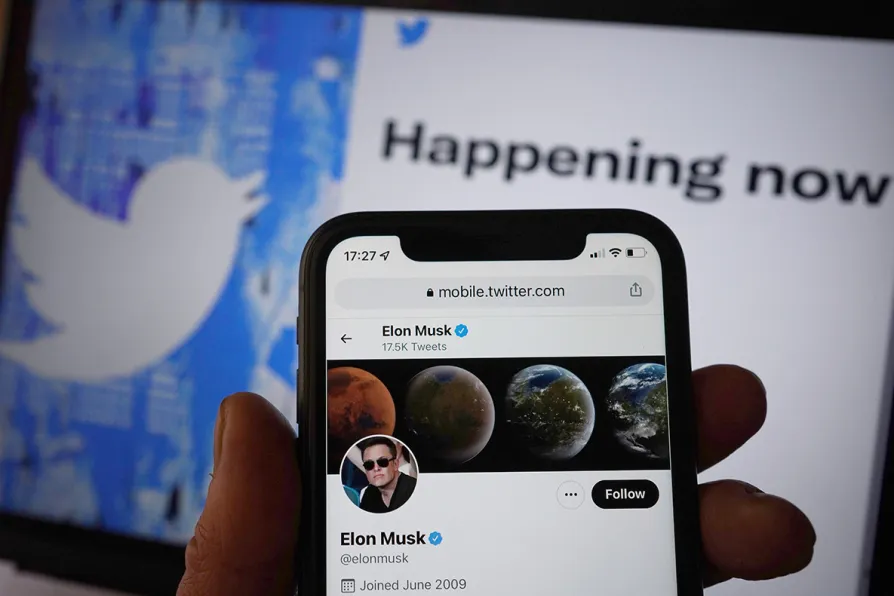Labour prospects in May elections may be irrevocably damaged by Birmingham Council’s costly refusal to settle the year-long dispute, warns STEVE WRIGHT

 The Twitter social media app showing Elon Musk running on a mobile phone
The Twitter social media app showing Elon Musk running on a mobile phone
ELON MUSK, who claims to be the world’s richest man (and also probably the most indebted one), has bought the social media giant Twitter.
In doing so, he has sacked, often illegally, thousands of Twitter employees, and raised the question of whether it will continue at all.
As often with capitalism, appearance and reality differ. Twitter is a free-to-use platform for anyone to raise and discuss more or less anything, with limited constraints. That means it has numbers of racists and fascists using it, but also significant use by those from marginalised areas of society that the mainstream media reliably ignores.

It’s not just the Starmer regime: the workers of Britain have always faced legal affronts on their right to assemble and dissent, and the Labour Party especially has meddled with our freedoms from its earliest days, writes KEITH FLETT

Who you ask and how you ask matter, as does why you are asking — the history of opinion polls shows they are as much about creating opinions as they are about recording them, writes socialist historian KEITH FLETT

KEITH FLETT traces how the ‘world’s most successful political party’ has imploded since Thatcher’s fall, from nine leaders in 30 years to losing all 16 English councils, with Reform UK symbolically capturing Peel’s birthplace, Tamworth — but the beast is not dead yet











